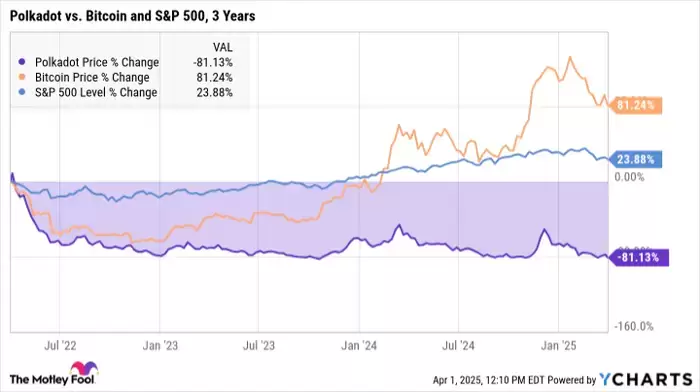 |
|
 |
|
 |
|
 |
|
 |
|
 |
|
 |
|
 |
|
 |
|
 |
|
 |
|
 |
|
 |
|
 |
|
 |
|
Cryptocurrency News Articles
California State Assemblymember Avelino Valencia Has Amended a Money Transmission Bill to Make Digital Asset Rights a Primary Focus
Apr 02, 2025 at 11:00 pm
Bill AB 1052 was originally introduced as the “Money Transmission Act” on February 20, 2025, but was amended and renamed simply “Digital Assets”

California State Assemblymember Avelino Valencia has amended a money transmission bill to make digital asset rights a primary focus.
The bill, AB 1052, was originally introduced as the “Money Transmission Act” by Assemblymember Avelino Valencia, Chair of the Banking and Finance Committee.
The bill would authorize an individual or business located in California to accept payment in the form of a “digital financial asset” for the sale of any goods or services. It would also make the use of digital assets as a form of payment in a private transaction a valid and legal consideration.
Furthermore, the bill would ban public entities from prohibiting, restricting, or imposing any requirements on digital asset use or enforcing a tax, withholding, assessment, or other charge on a digital asset “solely because that asset was used as a method of payment.”
It also expands the scope of California’s Political Reform Act of 1974 to prohibit a public official from issuing, sponsoring, or promoting a digital asset, security, or commodity.
“A public official shall not engage in any transaction or conduct related to a digital asset that creates a conflict of interest with their public duties,” AB 1052 states.
The amended bill received positive feedback from industry advocates.
“California often sets the national blueprint for policy, and if Bitcoin Rights passes here, it can pass anywhere,” said Dennis Porter, CEO of Bitcoin lobby organization Satoshi Action Fund.
He added, “Once passed, this legislation will guarantee nearly 40 million Californians the right to self-custody their digital assets without fear of discrimination.”
Porter also praised the bill’s inclusion of legal frameworks for managing “unclaimed property” for digital assets.
The digital asset bill is now in the ‘desk process,’ meaning it has been formally introduced and is awaiting its first reading.
After nearly four months of preparation, U.S. lawmakers are making swift progress on several cryptocurrency bills, according to industry reports.
According to legislation tracking site Bitcoin Law, 95 digital asset-related bills or measures have been introduced at the state level across 35 states.
Among these—as well as the amended digital asset bill—California saw a stablecoin bill introduced on February 2, which aimed to provide more clarity over stablecoin collateral requirements, liquidation processes, redemption and settlement requirements, and security audits.
More recently, the Texas State Senate passed a Bitcoin Strategic Reserve bill in a 25-5 vote on March 6, while Kentucky Governor Andy Beshear signed a Bitcoin Rights bill into law on March 24.
At the federal level, progress is being made on several stablecoin bills, including the GENIUS Act, which could face a full floor vote in the Senate before the chamber’s next recess—starting the week of April 14—Sen. Cynthia Lummis (R-WY) told reporters last month.
But arguably the biggest digital asset-related development of the year so far was President Trump signing an executive order on March 6 to create a Strategic Bitcoin Reserve and a digital asset stockpile. Initially, both the reserve and stockpile will consist of assets forfeited as part of criminal or civil asset proceedings.
Disclaimer:info@kdj.com
The information provided is not trading advice. kdj.com does not assume any responsibility for any investments made based on the information provided in this article. Cryptocurrencies are highly volatile and it is highly recommended that you invest with caution after thorough research!
If you believe that the content used on this website infringes your copyright, please contact us immediately (info@kdj.com) and we will delete it promptly.




























































